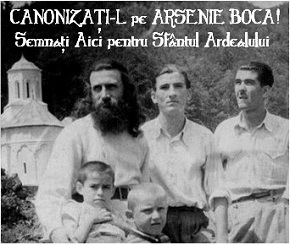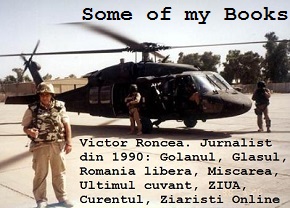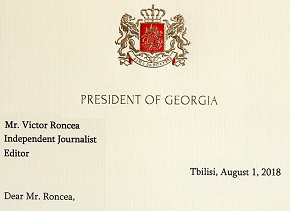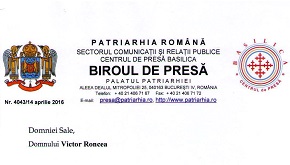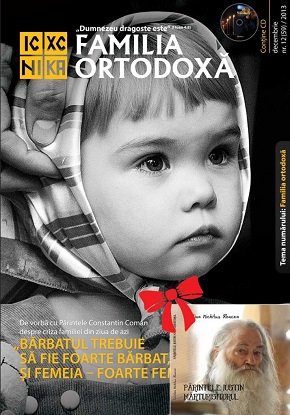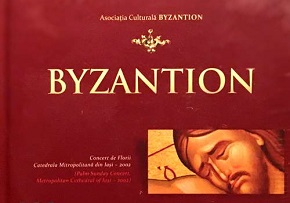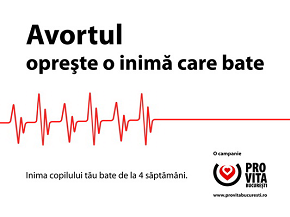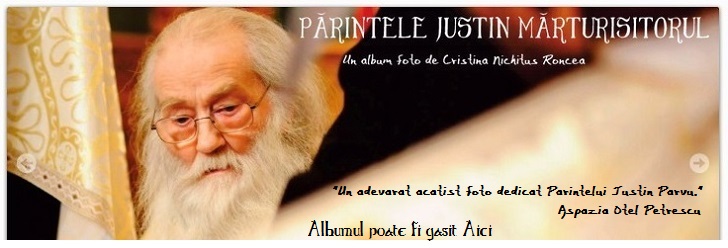 PRESIDENT CARTER. This morning the people of the United States are honored by having as our guest a great leader of a great country. President Ceausescu comes here from Romania with his wife, Elena, and it is a great personal pleasure for me on behalf of our country to welcome them.
PRESIDENT CARTER. This morning the people of the United States are honored by having as our guest a great leader of a great country. President Ceausescu comes here from Romania with his wife, Elena, and it is a great personal pleasure for me on behalf of our country to welcome them.
This is the fourth visit by President Ceausescu to the United States, and my predecessors have honored themselves by visiting the nation of Romania.
It’s accurate to say that in the last 10 years or more, the friendly relationships between the United States and Romania have increased and improved rapidly to the satisfaction and to the benefit of our people.
Trade between our two countries in the last 10 years has been multiplied 10 times over. And because of the rapidly improving relations that still exist, we expect the volume of trade to more than double in the next 3 years.
It’s also of great benefit to me as President to have a chance to consult with a national and an international leader like our guest today. Their influence as Romanian leaders throughout the international world is exceptional. Because of the strong commitments of the President and the independence of the people, Romania has been able to serve as a bridge among nations with highly divergent views and interests and among leaders who would find it difficult under some circumstances to negotiate directly with each other.
One recent notable achievement of President Ceausescu was to be instrumental in arranging the historic visit of President Sadat of Egypt to the capital of Israel in Jerusalem. Both of those countries have found in Romania an avenue of communication and understanding that’s been very valuable to them, to the Middle East, and to world peace.
There are differences, obviously, between the United States and Romania, in our political system and also in our military alliances. But the factors which bind us together are much more profound and of much greater benefit to our countries. We share common beliefs. We believe in strong national sovereignty. We believe in preserving the independence of our nations and also of our people. We believe in the importance of honoring territorial integrity throughout the world. We believe in equality among nations in bilateral dealings, one with another, and also in international councils. We believe in the right of every country to be free from interference in its own internal affairs by another country. And we believe that world peace can come—which we both devoutly hope to see—through mutual respect, even among those who have some differences between us.
Our goals are also the same, to have a just system of economics and politics, to let the people of the world share in growth, in peace, in personal freedom, and in the benefits to be derived from the proper utilization of natural resources.
We believe in enhancing human rights. We believe that we should enhance, as independent nations, the freedom of our own people. And Romania has been instrumental in pursuing the goals of the Helsinki conference, in particular, building the mutual confidence factors that can let the nations of Eastern Europe and the nations of Western Europe understand one another better and build up legitimate trust through that understanding.
We also believe in a common goal-which President Ceausescu has endorsed forcefully and publicly—in the principle of world disarmament, based on mutually beneficial agreements and based on an enhanced prospect for peace.
Mr. President, Mrs. Ceausescu, on behalf of the American people, I want to extend my expression of honor that you are here and the warmest welcome to the United States.
Thank you very much.
PRESIDENT CEA– USESCU. Mr. President, esteemed Mrs. Carter:
It is with particular pleasure that myself, my wife, and the associates accompanying me are visiting again the United States at the kind invitation extended by you, Mr. President, and by Mrs. Carter.
I should like to begin by addressing to you and to the people of America the warmest greetings of the people of Romania, who are most desirous to entertain and develop friendly relations and cooperation with the great people of the United States.
Our visit here takes place at a time when the relations between Romania and the United States have seen continuous progress. Indeed, in the last 10 years, there was a significant growth in our economic exchanges, which have increased almost 10 times over, as well as in our cooperation in the field of science, culture, and in the exchange of citizens between our two countries.
I do hope that in the course of our talks these days we shall be able to identify new opportunities, so that in the forthcoming years we shall make even more significant progress in our relationship, in full accord with the basic interests of our two nations and with the interests of cooperation and peace throughout the world.
It is true, as you mentioned, sir, that our two countries have different social systems. But I believe that in the world of today this should not be an obstacle in the way of more active cooperation in all fields, based on mutual respect of each country’s independence and sovereignty, renunciation of the use or threat of force, and mutually advantageous cooperation.
I would like to mention with satisfaction, as well, that it is precisely on that basis that the relations between Romania and the United States have been established and are now developing.
So, Mr. President, I think we can be satisfied with the present level of the relations between our two countries. As for the state of international affairs, unfortunately we are still facing events which are both complex and complicated.
The world is now confronted with severe economic problems. In many areas of the world there are still conflicts, and threatening clouds are menacing the peace of the world with very severe consequences.
In the face of this situation, it is now necessary for all countries, irrespective of their size, of their military might, of their social system, to take action and to uphold the principles of peaceful coexistence in order to build a kind of cooperation based on equal rights and mutual respect, and to ensure to each nation the right to develop in freedom without any outside interference.
As participants and signatories of the Helsinki documents on European security, both Romania and the United States are working for the implementation of those documents, which we both see as one whole in the economic, cultural, scientific, humanitarian fields, as well as in the field of military disengagement.
Unfortunately, at Belgrade, no significant progress was made. That is why we believe it necessary now that before our next meeting in Madrid, new efforts should be made in order to meet the peoples’ aspiration for peace and cooperation.
It is also true that no effort should be spared in order to bring peace to the Middle East, leading to the withdrawal of Israel from the territories occupied as a result of 1967 war, the settlement of the Palestinian question, including the establishment of an independent Palestinian state, and by guaranteeing the independence, sovereignty, and integrity of all the states in the area, which should establish their relations on the principles of good neighborly relations and cooperation.
We would like to work together closely on such matters as disarmament. We are hopeful that at the forthcoming Special Session of the United Nations General Assembly, practical results will be worked out, leading to actual disarmament and, in particular, nuclear disarmament, enabling us thus to build a world of cooperation and peace for all.
Although the United States is a developed country—I would say a highly developed country—and Romania is still a developing one, such problems as the elimination of underdevelopment and the establishment of a new international economic order are matters of equal concern for both our countries, because without ensuring new relations, new democratic relations based on equal rights and mutual advantage, we shall not be able to eliminate underdevelopment and to ensure economic stability and progress to the world.
It is also true that there are many problems on which our two countries can well work together, and with good results, too. And I hope that our talks will further strengthen the basis for our mutual cooperation, aimed at meeting their common interests of our two nations and also meeting the aim of a better world, a world with more justice, in which each and every people should be able to dedicate their efforts to their happiness, to their well-being, to their freedom.
It is my conviction that all this will come true. And once again, I should like to express my wish to see good cooperation develop between our two nations and our wish to the friendly people of America every success and peace.
Note: The President spoke at 10:45 a.m. on the South Lawn of the White House. President Ceausescu spoke in Romanian, and his remarks were translated by an interpreter.
Citation: Jimmy Carter: “Visit of President Nicolae Ceausescu of Romania Remarks at the Welcoming Ceremony. ,” April 12, 197
Cu toate acestea nu este lipsit de semnificatie faptul ca inainte ca sotii Ceausescu sa fie executati, la 25 decembrie 1989, Statele Unite ale Americii ar fi incercat sa ofere azil politic celor doi. Personalitati marcante ale vietii politice americane, precum George Schultz, Secretar de stat in timpul administratiei Reagan si Henry Kissinger, fost consilier pe probleme de securitate nationala al presedintelui Nixon, ar fi insistat in favoarea azilului politic.
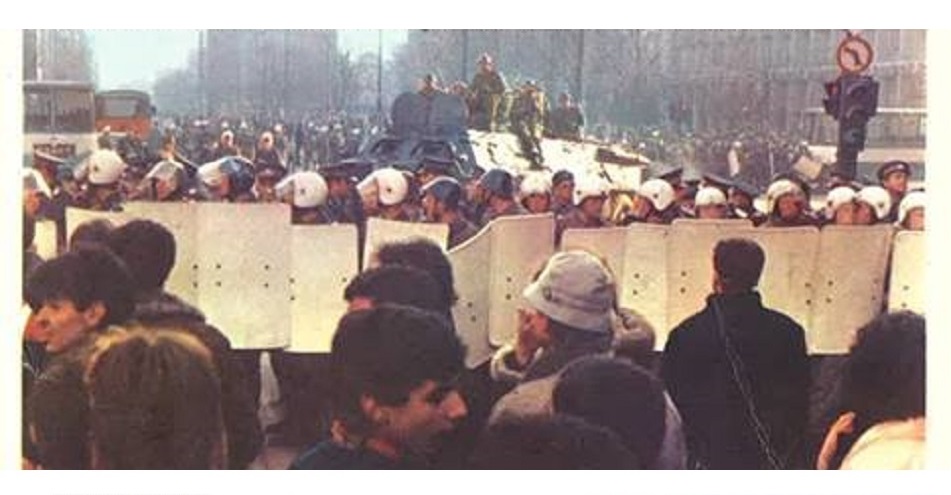
 January 26th, 2012
January 26th, 2012  VR
VR 
 Posted in
Posted in  Tags:
Tags: 






